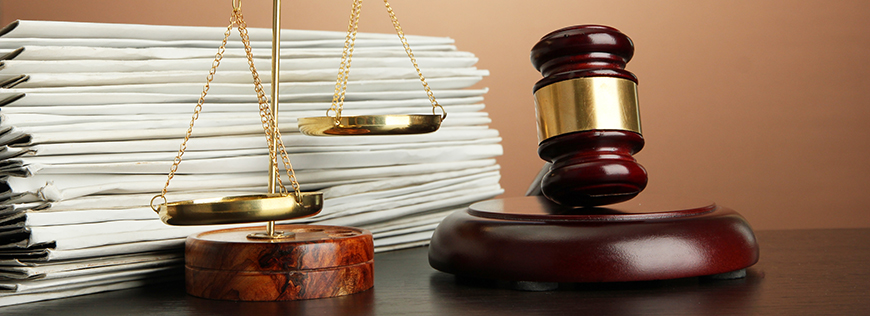LAW & U: Rights Of An Accused Person In Nigeria


By Debbie Obasa
An accused is a person who has been formally charged by the prosecutor with a crime within the jurisdiction of the court. A suspect is a person whom the prosecutor has reasonable grounds to believe committed a crime within the jurisdiction of the court. This means that the indictment has been confirmed by the pre-trial judge.
The rights to “procedure permitted by law” granted to accused persons are not primarily their own privilege. On the contrary “procedure permitted by law” is a pledge to the entire Nigerian society that the police, the prosecuting officials and the courts will do which is right and just in obedience to the rules of law.
It should not be swallowed hook, line and sinker that the fact that these rights exist, it must necessarily guarantees automatic compliance by some officials. Cases abound in our law reports which show that there have been occasions in which courts have stoutly prevented the abuses of power by overzealous public officials.
However, the courts have experienced great difficulty in eradicating illegal methods adopted against accused persons. This is so because where the accused persons make such allegations, the courts have found it difficult to admit or accept such allegations since such accused persons have had to prove their allegations and this task has never been an easy one for them.
Under the Nigerian criminal justice, the constitutional right of an accused person is enshrined in Section 35 and 36 of the Constitution of the Federal Republic of Nigeria 1999. Such rights include, the right to be informed promptly in the language that he understands, the details and nature of the offence of the accused, the right to be given adequate time to prepare his defence, the right to defend himself in person or by legal practitioner of his own choice, the right to have an interpreter free of charge if he does not understand the language of the court.
Every accused person has a right to call witnesses in his defence and also to cross-examine the witnesses of the prosecution, the right to have record of the proceeding within seven days of the conclusion of the case, the right to remain silent during the trial, the right not to be tried and convicted twice for the same offence, the right to be presumed innocent until he is proved guilty and the right not to be charged for an unwritten offence.
All these rights are aimed at ensuring that an accused person is not unjustly dealt with. An accused is entitled to bail and right to fair hearing as guaranteed under section 36(1) of the Constitution of the federal Republic of Nigeria. This right is very important, because failure to comply with the provisions of the Constitution will lead to a miscarriage of justice which will be overturned on appeal.
The accused has the right to the dignity of the human person and this constitutional right covers torture by the police. The police do not have the right to torture any person, as the Constitution confers the right of dignity of the human person on every Nigerian. Unfortunately, police officers often torture people into confessing and some end up confessing to a crime they didn’t commit just to stop the torture.
Any confession gotten through threat, promise or torture will be disregarded in evidence.
Therefore, the police must follow the proper procedure in extracting confessional statements. An accused has a right to be tried for an offence known to the law; for example adultery which is not a crime in law, hence, trying a person for adultery is an infringement of his fundamental human rights.








